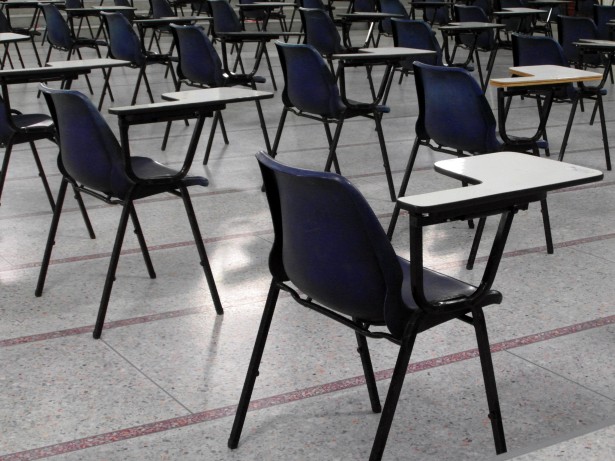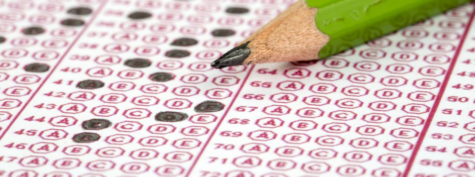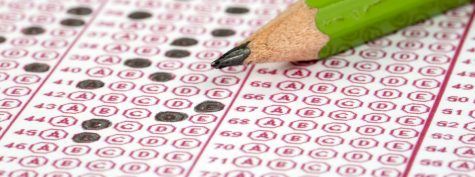Tips for Future Exam Weeks
November 16, 2022
With this year’s first week of common assessments officially over at Knolls, students have experienced a taste of the stress that the exams can bring. During such an important time, self care is often overlooked in the rush to fit in last minute studying, not to mention the work that keeps piling on in other classes. Now that the second quarter is well underway, these five tips can help students prepare for the next round of common assessments, as well as any other week that may be more hectic or stressful than usual.
- Prioritize your sleep. Being well rested can not only improve your mood, but it is also proven to improve your focus, concentration, and memory. As sophomore Trisha Patel says, “I try to get into bed as early as possible so that I’m not falling asleep during exams and so I can focus better.” Make it a priority to get at least 8 hours of sleep per night during exam weeks, if possible. Also, take time to relax before bed and try to put away any screens that could make it more difficult to fall asleep.
- Eat energizing foods. Eating the right foods during exam week can fuel both your body and mood. Try to include fruits, vegetables, proteins, and starches in your meals. Eating a good breakfast and drinking plenty of water are particularly helpful. In addition to keeping you energized, good food sharpens your focus and helps you do well on exams.
- Talk to friends and family. Do not isolate yourself from your friends or family during exam weeks! Talking to the people in your life can relieve stress and help sort out your emotions that might be hard to deal with on your own. Sophomore Aly Frio says that friends and family can be a great source of support during stressful exams, stating, “After a long day of stress and work after exams, it’s nice to come home and get my emotions out in a healthy way by ranting or just talking with my friends or family.”
- Do not be too hard on yourself. Many people tend to be harsh with themselves during or after common assessments. While it is good to recognize your mistakes, being too hard on yourself can drain your energy and negatively impact your performance on future tests. Remember that you are trying your best and be optimistic for the future!
- Take notes for next time. The best way to improve is by learning from your mistakes. Reflect on how you prepared for past exams and what did/did not work. Keep in mind any study methods or self care habits that benefited you. Then, develop a plan for how you will prepare for future exams based on what you learned from your past performance. Good luck!










